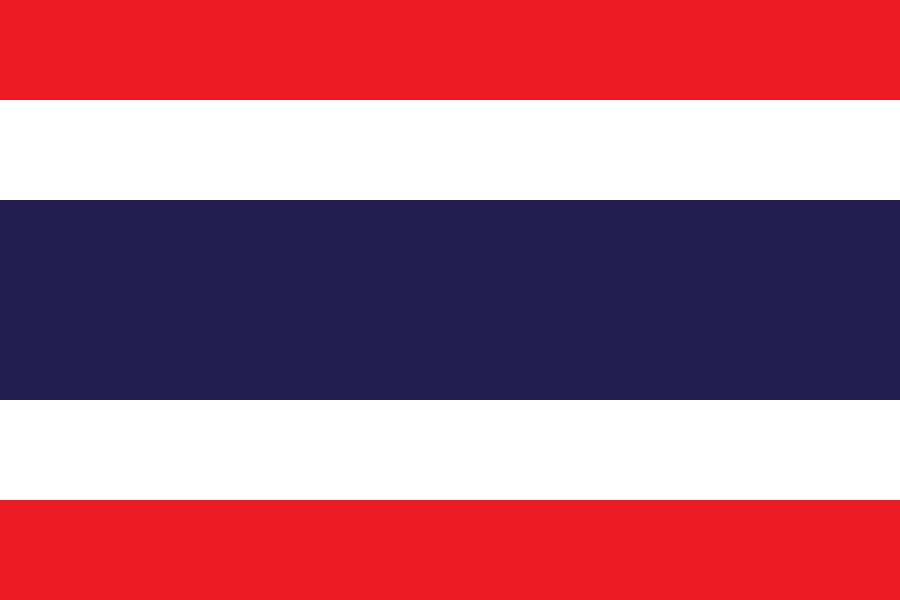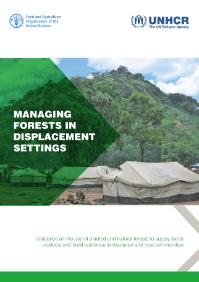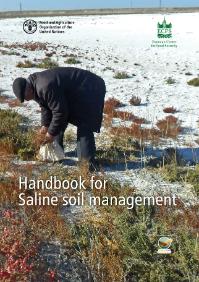Location
A unified Thai kingdom was established in the mid-14th century. Known as Siam until 1939, Thailand is the only Southeast Asian country never to have been colonized by a European power. A bloodless revolution in 1932 led to the establishment of a constitutional monarchy. In alliance with Japan during World War II, Thailand became a US treaty ally in 1954 after sending troops to Korea and later fighting alongside the US in Vietnam. Thailand since 2005 has experienced several rounds of political turmoil including a military coup in 2006 that ousted then Prime Minister THAKSIN Chinnawat, followed by large-scale street protests by competing political factions in 2008, 2009, and 2010. THAKSIN's youngest sister, YINGLAK Chinnawat, in 2011 led the Puea Thai Party to an electoral win and assumed control of the government. A blanket amnesty bill for individuals involved in street protests, altered at the last minute to include all political crimes - including all convictions against THAKSIN - triggered months of large-scale anti-government protests in Bangkok beginning in November 2013. In early May 2014 YINGLAK was removed from office by the Constitutional Court and in late May 2014 the Royal Thai Army staged a coup against the caretaker government. Then head of the Royal Thai Army, Gen. PRAYUT Chan-ocha, was appointed prime minister in August 2014. The interim military government created several interim institutions to promote reform and draft a new constitution. Elections are tentatively set for mid-2017. King PHUMIPHON Adunyadet passed away in October 2016 after 70 years on the throne; his only son, WACHIRALONGKON Bodinthrathepphayawarangkun, ascended the throne in December 2016. Thailand has also experienced violence associated with the ethno-nationalist insurgency in its southern Malay-Muslim majority provinces. Since January 2004, thousands have been killed and wounded in the insurgency.
Thailand is a constitutional monarchy.
Source: CIA World Factbook
Members:
Resources
Displaying 26 - 30 of 104Managing forests in displacement settings
The massive increase in demand for woodfuel for cooking caused by sudden influxes of refugees and other displaced people is usually the main driver of forest degradation and deforestation in displacement settings. It places enormous pressure on nearby forests and woodlands and is often a source of tension between the host and displaced communities. A lack of sufficient cooking fuel also has an impact on the nutrition and health of vulnerable people in such settings.
Managing forests in displacement settings
The massive increase in demand for woodfuel for cooking caused by sudden influxes of refugees and other displaced people is usually the main driver of forest degradation and deforestation in displacement settings. It places enormous pressure on nearby forests and woodlands and is often a source of tension between the host and displaced communities. A lack of sufficient cooking fuel also has an impact on the nutrition and health of vulnerable people in such settings.
Handbook for saline soil management
This handbook has been prepared for the training workshop on innovative methods of amelioration and use of salt-affected soils, which takes place in Kharkiv, Ukraine, in September 2017. This workshop is conducted within the framework of the Implementation Plan of the Eurasian Soil Partnership, which is a sub-regional affiliation of the Global Soil Partnership.
Handbook for saline soil management
This handbook has been prepared for the training workshop on innovative methods of amelioration and use of salt-affected soils, which takes place in Kharkiv, Ukraine, in September 2017. This workshop is conducted within the framework of the Implementation Plan of the Eurasian Soil Partnership, which is a sub-regional affiliation of the Global Soil Partnership.
Handbook for saline soil management
This handbook has been prepared for the training workshop on innovative methods of amelioration and use of salt-affected soils, which takes place in Kharkiv, Ukraine, in September 2017. This workshop is conducted within the framework of the Implementation Plan of the Eurasian Soil Partnership, which is a sub-regional affiliation of the Global Soil Partnership.



